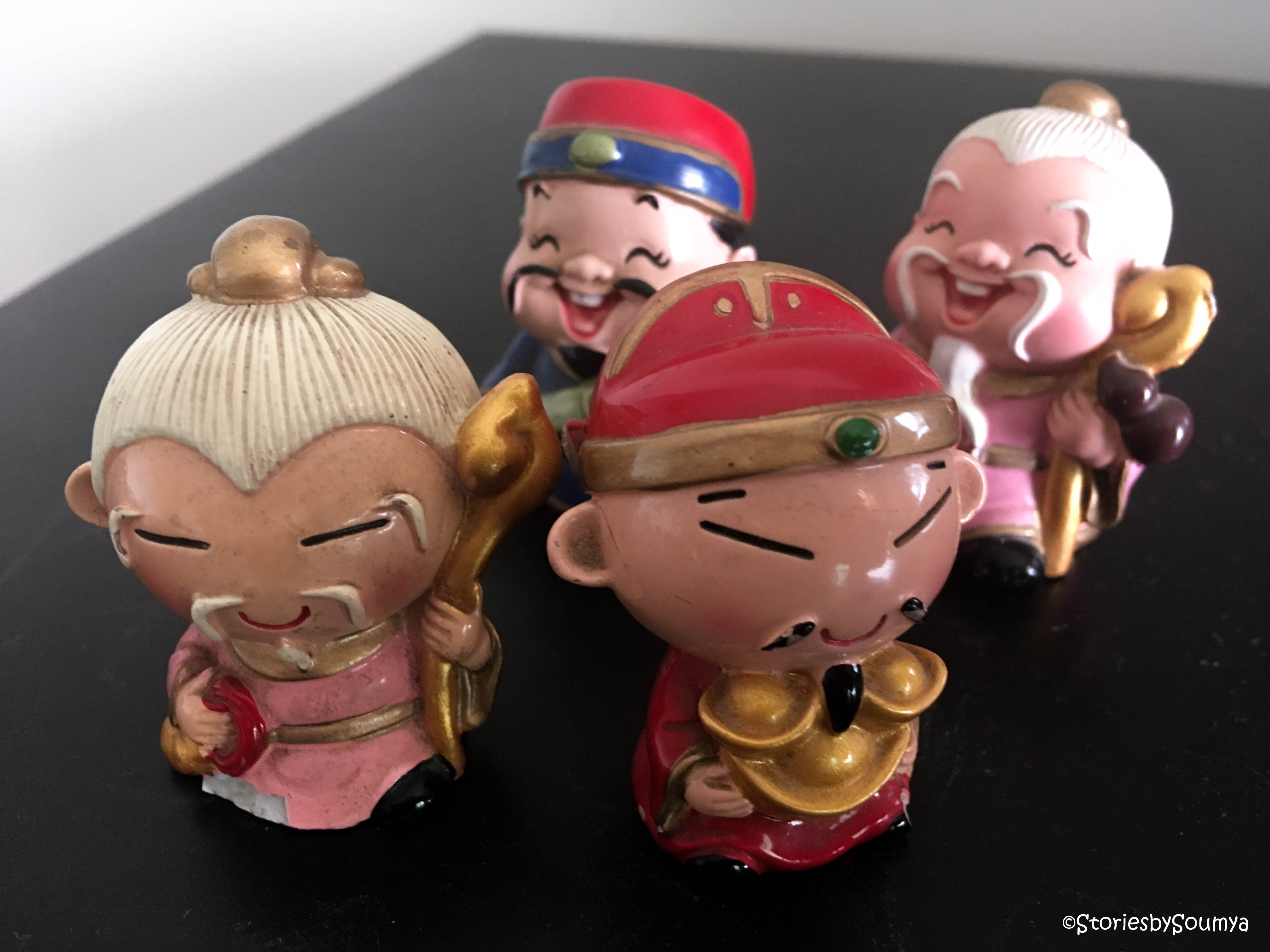Last Updated on May 15, 2019 by Soumya
It was hot and humid when we alighted in Yiwu from a high-speed train sometime in September 2011. I was excited to meet a dear friend from Mumbai who had moved to Yiwu, a trading center in southeastern China. And I was dying to eat some of her delicious homemade food.
A quick tour of the city told me that Yiwu had the most amazing wholesale markets in the world. They were huge and sold almost anything that I had ever seen in my life.
The most interesting commodities on sale, however, were hundreds of pictures of Hindu gods and goddesses. The pictures that adorned my parents’ puja room (a room where pictures/models of Hindu deities are kept) in Bhubaneswar had probably changed hands right here in Yiwu. The thought made me smile. I was amazed at the Chinese zeal for hard work and their entrepreneurial abilities.
We had some great food and spent an amazing day. And then we got ready for our next journey: Yiwu to Hangzhou by train. It was a 5-hour journey and we were booked on an evening train in their hard-seat compartment.
For those of you who are new to the concept of hard seats, a hard seat is the cheapest seating class on Chinese trains. Very often, these tickets are sold without seat assignments. If you do not have an assigned seat, then you are welcome to stand. This makes hard-seat carriages crowded and hot.
Luckily, we had assigned seats. Standing for 5 hours on a moving train did not seem to be an exciting option, so this seemed to be a blessing. But blessings can be partial, as I would soon find out.
We entered the carriage and realized that we did not, exactly, have two seats. The carriage was full, there were other people on our seats and no one was ready to budge.
After we haggled a lot in some unknown sign language and after the passengers showed some pity on us, we got just enough space to park our bottoms on and cling on to our suitcases. I was almost sliding down the seat every moment. Perhaps, sitting on the floor would have been an easier option. But I held on to my tiny spot, with all my strength!
The carriage was packed to the brim and the air-conditioning was barely working. Even if it was, there was enough sweat all around to soak up the cool air. The carriage door was slightly ajar and cigarette smoke was wafting in, unhindered. Meat bones littered the floor all around. And I was amused to find something other than our beloved peanut shells making a mess.
We were the only non-Chinese faces in the carriage and locals were certainly very curious. They took to staring at us with great interest. Communication was difficult but smiles were plenty. I was thoroughly enjoying the attention when somebody else entered the carriage and all eyes turned to him.
He was the train ticket collector and, certainly, the more important person. He went around punching holes in our tickets and scanning the floors with a grim look on his face. Next, I saw him come back with a broom and a big trash bag to clean up. And when he cleaned, passengers happily held the trash bag open for him and even contributed by picking up some of the trash themselves. Some even got down under the seats to do the difficult bit.
I was thoroughly surprised. Here, in this small train carriage, people had created their own egalitarian system where no work was high or low. Right in front of me was a ticket collector who was happily cleaning bathrooms and carriages and then there were passengers who were happily cleaning up garbage that wasn’t their own.
Getting the work done seemed to be the most important thing. Who would do it was not a problem at all.
I smiled at the woman sitting in front of me as she instructed me to pick up an empty cookie packet lying between my shoes. I slipped a good deal from my seat while making my contribution to the egalitarianism around. And why not? Slipping and picking seemed like two engaging words that day!

